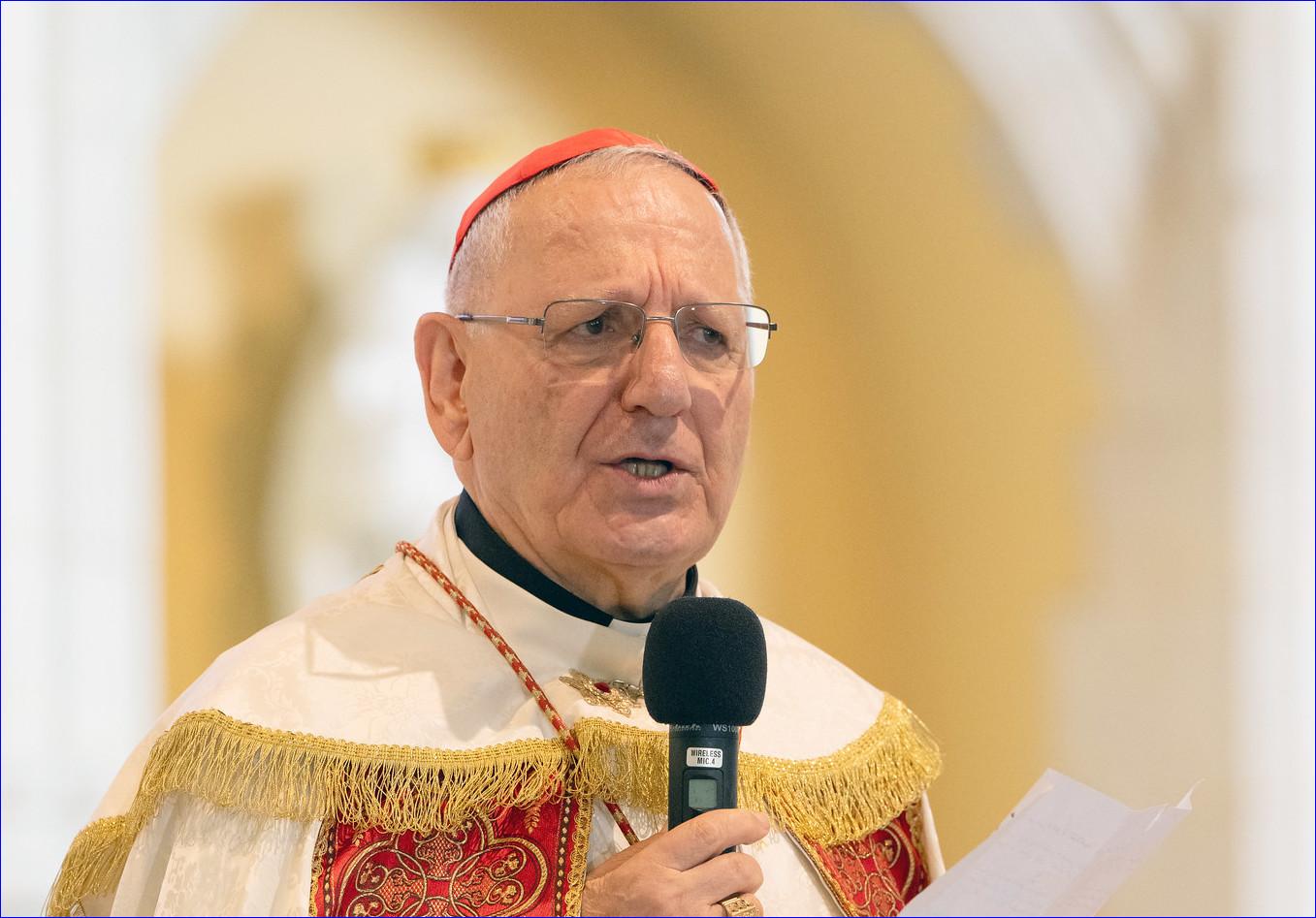


The Chaldean Patriarch of Babylon Cardinal Louis Raphaël Sako had submitted a case to the court after a dispute in July, when President Abdul Latif Rashid rescinded Decree 147 which had formally recognised Sako as head of the Chaldean Church and "responsible for the endowments of the Church" on his appointment in 2013.
Related: Feud Between Chaldean Patriarch and Iraq's President Reinforces Islamic Status of Minority Groups
The president's office insisted this was not intended as a slight but "to correct a legal and constitutional discrepancy", but Sako said it was an attack on the Church which would threaten its position and property.
He said he would not return to the patriarchate's headquarters in Baghdad until the decree was restored and for the past six months he has moved his residence to the Kurdistan region.
The court ruled on 14 November that it found "nothing to prejudice the validity of the procedures" which revoked the decree.
The patriarchate issued a statement in response calling it an "unjust decision" in breach of a 1,400-year-old custom and accusing the court and the president of "politicisation" on the grounds that decrees recognising other Iraqi Church leaders have not been revoked.
"The patriarch still deems the revocation of the decree from him as an unjust decision without justification and will not remain silent in demanding his rights," it said.
Related: The Feud Between Chaldean Patriarch and Iraq's President
President Rashid visited the Vatican on 18 November and held "cordial discussions" with the Pope, Cardinal Pietro Parolin and Archbishop Paul Gallagher, according to a Holy See statement.
It said that the meetings addressed "the need...for the Catholic Church in Iraq to be able to continue to carry out its valued mission and for all Iraqi Christians to be a vibrant and active part of society and the territory, particularly in the Nineveh Plain".
A statement from President Rashid's office said he had emphasised that "Iraq is keen to strengthen democracy, pluralism, and respect for rights and freedoms", adding that "Christians are an essential component in building the country, its progress, and its prosperity".
"The doors of the Presidency of the Republic are open to Christians to consider their demands and issues in a way that secures their livelihood and stability."
However, The Tablet understands that there is no dialogue between the presidency and the patriarchate at present, and no immediate prospect of Cardinal Sako returning to his Baghdad residence.
Speaking on 21 November at the Middle East Peace and Security Forum in the Kurdish city of Duhok, Cardinal Sako called for stronger interfaith cooperation and amendments to the Iraqi constitution to protect minorities.
"A militia group could not dictate the future of Christians," he said, referring to the Iranian-backed Babylon Brigades which he says threaten the Christian presence on the Nineveh Plain.
The patriarch has publicly clashed with its leader Rayan al-Kaldani, who is subject to US sanctions for human rights abuses. Sako has accused him of "hijacking" the Christian cause and attempting to seize Church property.
Speaking to Asia News at the end of October, the patriarch said that "the self-styled Babylon Brigades persecute Christians, instead of defending them" and that Christians struggle to find protection "because everything is sectarian".
He expressed his fears for the future of Iraq's Christian population, which has fallen from around 1.5 million before the US-led invasion in 2003 to an estimated 250,000 today. "The picture is always one of extreme fragility, but Christians cannot live in a climate of persistent insecurity and precariousness," he said.

or register to post a comment.